Fenugreek (Methi) - Health benefits, application, chemical constituents, application and many more
Fenugreek (Methi)
Fenugreek is one of the oldest medicinal plants with exceptional medicinal and nutritional profile. It is one of the most promising traditional medicinal plants cultivated widely in India, Egypt, and Middle Eastern countries. Its leaves and seeds have been extensively used as medicine, spice, and vegetable in various pharmaceutical, nutraceutical, and functional food industries. It may grow well under diverse and a wide range of conditions. Fenugreek seeds enhance the flavor and aroma of dishes. It shows antimicrobial, antiinflammatory, analgesic, antipyretic, carminative, emollient, febrifuge, laxative, anti-inflammatory, antiviral, antioxidant, demulcent properties.
Click here for more information about Antioxidant
• Parts of plant used : Seeds and whole plant.
It has different names in different languages such as Hindi name(Methi), Marathi name(Methi), English name(Fenugreek), Kannada name(Menthya, Menthe), Telugu name(Mentulu seed, Mentikura plant, Menthikoora), Malayalam name(Ventiyam, Vendiyam, Uluva), Punjabi name(Metha, Shamli, Methi, Methini), Bengali name(Methis, Methuka), Gujarati name(Methi, Methini, Bhaji), Oriya name(Methi), Tamil name(Venthaayam, Vendayam), Urdu name(Methi),
Vitamins and minerals content
• Vitamins : B1, B2, B3, B6, B9, C, A, K
• Minerals: calcium, iron, sodium, potassium, zinc, phosphorus, magnesium, manganese, copper, sulphur
• Aromatic compounds : camphor, neryl acetate, 2,5-dimethylpyrazine, 3-octen-2-one, 4-isopropyl-benzaldehyde, β-pinene and β-caryophyllene.
• Fenugreek green leaves are one of the most ancient medicinal herbs containing β-carotene (19 mg/100 g), ascorbate (220 mg/100 g), fiber, iron, calcium and zinc even more than the regular food items.
• Ahfouz et al. (2012) compared the quality of protein in fenugreek and other legumes, such as white lupine, and demonstrated that fenugreek seeds contained the highest amounts of both essential amino acids (304.80 g kg-1 protein) and total amino acids (576.00 g kg-1 protein).
- Fenugreek protein is more soluble at alkaline pH. Fenugreek has a beneficial influence on digestion and it can modify food properties.
- Fenugreek has a high content of free amino-acids, in particular isoleucine and histidine, which may stimulate insulin secretion.
• The lipid content of fenugreek seeds is estimated at 100.0 g kg-1 DM. Fenugreek lipids contain mostly neutral fats, including diglycerides (6.3%), triglycerides (86.1%), glycolipids (5.4%) and phospholipids (10.5%).
- Fenugreek seeds also contain small amounts of monoglycerides, free fatty acids and sterols.
- Many of the studies also found the presence of linoleic acid, plmitic acid, steric acid and arachidic acid.
• Fenugreek gum(consists of mannose & galactose) can be utilized for thickening, stabilizing and emulsifying food agents.
•Fenugreek contains a fairly high amount of flavonoids, alkaloids, saponins and other antioxidants.
Biologically active compounds:
| Chemical Group | Compounds | |
|---|---|---|
| Alkaloids | Trigonelline, choline, carpaine | |
| Amino Acids | Lysine, histidine, 4-hydroxyisoleucine, tryptophan, tyrosine, cystine, arginine | |
| Coumarins | Methyl coumarin, trigocumarin, trimethyl coumarin | |
| Flavonoids | Naringenin, lilyn, kaempferol, vecenin-1, tricin 7-O-D glucopyranoside, saponaretin, isovitexin, isoorientin. Orientin, vitexin, luteolin, quercetin | |
| Saponins | Fenugrin, foenugracin, glycoside, yamogenin, trigonoesides, smilagenin, gitogenin, sarsasapogenin, yuccagenin, hederagin, diosgenin, tigonenin, neotigogenin |
Properties of Fenugreek
• Qualities – light to digest, unctuous, oily
• Taste – Pungent, Bitter
• Taste conversation after digestion – katu(pungent/bitter)
• Potency – Ushna(Hot potency)
• Effect on Tridosha – Balances Kapha and Vata Dosha.
Click here for more information about Tridosha
• Raw seeds are golden in color with maple flavor but bitter in taste. However, this bitterness may be reduced by roasting. The seeds are fibrous, sticky and gummy in nature
Health benefits, application and uses of Fenugreek
1) Vatahara : useful in treating disorders of Vata Dosha imbalance such as neuralgia, paralysis, constipation, bloating, etc.
2) for bloating, gastritis : Take a buttermilk with 1 teaspoon of Fenugreek powder and pinch of Hing. Consume this at night after a meal.
3) For constipation : Soak Fenugreek seed in water whole night and consume this(seed and water) in morning. OR Boil 5-10 gram of Fenugreek seed in cup of water for 2-5 minute and consume this decoction when it is lukewarm along with half spoon of ghee.
4) Kaphahara : balances Kapha, useful in treating cough, asthma, bronchitis, chest congestion.
5) May worsen Raktapitta : Bleeding disorders such as nasal bleeding, heavy periods, etc.
6) Deepani : improves digestion strength.
7) Improves breast milk secretion.
• its seed paste or powder 5 – 10 grams, once or twice a day, is administered to the lactating mother.
8) To lower the cholesterol: add 5 grams of Fenugreek seed powder in warm water or buttermilk and take this 2 times a day.
- chemical content such as coumarin, trigonelline and nicotinic acid shows hypoglycemic property which helps to lower the cholesterol.
9) Aqueous solutions and macerated fenugreek oils exert protective effects on the mucosa in ulcer disease.
10) Fenugreek seeds contain the neuroprotective alkaloid trigonelline, which can be effectively used in the preven-tion and treatment of neurodegenerative diseases.
11) Fenugreek seeds are used as spice for flavoring selected types of cheese, mainly parmesan. Powdered or crushed seeds are added to salads and cottage cheese spreads.
12) For hyperacidity and gastritis : soak the seed whole night and consume this both water and soaked seed 30 minutes before meal.
- mucilage content in it provides a soothing effect on the gastrointestinal tract by coating the linning of mucilage on stomach and intestine.
13) Dry fried Fenugreek seeds well cooked with milk by adding little sugar/ rock sugar/ jaggery (when milk get warm, consume this), which helps to strengthen the intestine and improves the capacity of digestion.
13) For hairfall : Add fine powder of 30-40 gram of Fenugreek seed to the 150ml of coconut or sesame oil and put this preparation in sunshine for 6 days, then filter and store this preparation. This helps to reduce hairfall. OR Mix 1-1 TSP(table spoon) of Powder Brahmi, Fenugreek, amla and coconut milk or oil and form a thick paste. Put this mixture for some time (30-40 min.). Then apply this mixture to scalp and hair and wait for 10-15min. and wash the hair.
Click here for more information about Brahmi
Click here for more information about Amla
Click here for more information about Coconut milk and oil
14) Applying seed paste improves local blood circulation, relieves pain and inflammation in wounds, abscess, boils and swellings.
15) Equal quantity of fenugreek and turmeric are taken and fine powder is made. Take 5 gram of this preparation daily with water on empty stomach. This is an effective ramedy for Type-2 diabetes. OR chew the soaked seed daily in the morning on empty stomach.
Click here for more information about Haldi(Turmeric)
16) According to ayurveda, Fenugreek is used as nutritive supplement especially in growing children and during pregnancy as well as lactating period. Its powder, medicated milk, sweet preparations etc are used for this purpose.
17) Warm methi powder when applied in the site of pain, inflammation, abscess reduce the symptoms. You should apply this with water or oil(sesame/coconut).
18) Sprouted seeds made into a paste can be applied alone or with aloevera gel on the scalp, to promote hair growth and to remove dandruff.
Click here for more information about Sprouts
19) The leaves are used both internally and externally because of their cooling properties.
20) Fine powder of Methi seeds mixed with honey-bee wax relieves chest pain if applied locally.
21) An infusion of the leaves is used as a gargle for recurrent mouth ulcers.
22) Fenugreek seeds are very useful to reduce Anemia. It's Antioxidant property helps to reduce red blood cell oxidation while it's Fe(iron) content restore the iron in RBC and there by reduce Anemia.
23) Seed powder paste produces skin healing, moisturizing, smoothening, whitening. Paste is made with warm water or oil(coconut/sesame).
Click here for more information about Sesame oil
24) It keeps the nervous system healthy and strengthens the body.
23) Fenugreek is contraindicated in bleeding disorders. It can enhance the anticoagulant activity of other herbs and medications like heparin, warfarin, and ticlopidine. Fenugreek should not be used in patients on anticoagulants.
24) Dried leaves of fenugreek are called Kasuri Methi which is used as flavouring agent in Indian food.
25) Fenugreek seeds reduce sticky mucus content in the stool by increasing bile secretion from the liver into the intestine, which helps to improve fat metabolism and acts as a digestive for oily substances.
26) Both fenugreek seeds and leaves have potent carminative and anti-flatulent properties, which helps to reduce intestinal gas, flatulence, abdominal distension, and feeling of fullness or heaviness of abdomen due to excess gas accumulation in the alimentary canal.
27) Mouth sweetness indicates excess Kapha Dosha. Fenugreek helps to reduce such problems also.
28) Gargling with luke warm/warm Fenugreek decoction helps to reduce problems such as sore throat or tonsillitis, with this you should add pinch full sunthi in it.
Click here for more information about Sunthi (Dried ginger)
29) Fenugreek tea is recommendable in patients with bad breath. Poor dental hygiene or bacterial growth in the mouth can be the cause of bad breath. Fenugreek’s antibacterial action arrests bacterial growth and kills bad breath causing microbes.
30) Fenugreek plays a key role in maintaining the heart health. Its cardioprotective action can be attributed to the presence of galactomannan in the fenugreek seeds. It also contains a high amount of potassium, which helps counter the action of sodium thus controlling the heart rate and blood pressure. high level of potassium prompts the excretion of sodium from the kidneys through urine. As sodium is hygroscopic in nature, it pulls itself with water thus resulting in the elimination of higher amount of fluids from the body. This helps to lower the blood pressure. It also helps to control arrhythmias by regulating the heartbeats. Fenugreek seeds can enhance the heart functions by regulating the blood pressure and heart rate.
Precaution : 1) It is best to avoid during diarrhoea as it is a mild laxative.
2) It is avoided when the person is having bleeding disorders such as nasal bleeding.
3) Do not consume more.
4) Do not consume (externally/internally) if anyone allergic to it. Consult a doctor before use.
Note : 1) Fenugreek seeds and oil can be effectively used as food preservatives or in the pharmaceutical industry.
2) Pharmaceutical companies show a growing interest in fenugreek research due to the presence of diosgenin in the discussed species. Diosgenin significantly lowers cholesterol levels, and it can also be used in the production of oral hormones and steroids.
3) A study comparing the quality of honey with various pollen content revealed that the most nutritious types of honey were heterofloral, and sam-ples with the highest antibacterial activity, which is characterized by a predomi-nance of fenugreek pollen.
Click here for more information about Honey
4) Seeds was used by the Egyptians to make yellow dye, plasters etc.
5) Fenugreek had been applied to embalm mummies and in incense in ancient Egypt.
6) In India, fenugreek was being consumed as lactation stimulant and spice.
7) Seeds of fenugreek were traditionally used as a remedy for diabetes in many Asian and African civilizations.
8) Fenugreek is also being used in paper industry, cosmetics, pharmacology, beverages, perfume, paints and some of the food oriented implications.
If you want to give more suggestion in this, then comment us, we will replay your comment.
If you like this post, then share it and follow us on Instagram (@healthyeats793) and many thanks for coming to our site Healthy eats
keep visiting
Support us
3) Facebook
4) Pinterest
🙏🙏Subscribe and share for latest updates 🙏🙏
More posts from our site
- Click here for more information about Tamarind
- Click here for more information about Nutmeg (Jaiphal)
- Click here for more information about Viruddha aahra
- Click here for more information about Jambul (java phalam)
- Click here for more information about Marking nut (bibba)
- Click here for more Home remedies of Nirgundi
- Click here for more information about saffron
- Click here for more information about Elephant foot/Yam
- Click here for more information about Watermelon 🍉🍉
- Click here for more information about Jackfruit/phanus
- Click here for more information about summer care 🌞
- Click here for more information about Tamarind
- Click here for more information about Nutmeg (Jaiphal)
- Click here for more information about Viruddha aahra
- Click here for more information about Jambul (java phalam)
- Click here for more information about Marking nut (bibba)
- Click here for more Home remedies of Nirgundi
- Click here for more information about saffron
- Click here for more information about Elephant foot/Yam
- Click here for more information about Watermelon 🍉🍉
- Click here for more information about Jackfruit/phanus
- Click here for more information about summer care 🌞
Refrence :
1) Journal of Elementology ISSN 1644-2296 : https://www.researchgate.net/publication/317574404_Fenugreek_Productivity_nutritional_value_and_uses
2) Bhojana Kutuhalam 12th chapter - Book
3) Sushruta samhita - Book
4) Bhavaprakash and Aadrash Nighantu - Book
5) NCBI : https://www.ncbi.nlm.nih.gov/pmc/articles/PMC4894452/
6) AYU (An international quarterly journal of research in Ayurveda) : http://www.ayujournal.org/article.asp?issn=0974-8520;year=2017;volume=38;issue=1;spage=24;epage=27;aulast=Ranade
7) PUBMED
8) Indian Journal of pharmacology : https://www.ncbi.nlm.nih.gov/pmc/articles/PMC4980935/
9) Book : Dravyaguna Vijnana, Volume 2
10) sciencedirect.com
11) Local traditions and knowledge about Fenugreek
12) charak samhita - Book
13) International Journal of Pharmaceutical Sciences Review and Research : https://www.researchgate.net/publication/311791738_Fenugreek_with_its_medicinal_applications
14) International journal of Advanced Biological and Biomedical Research Volume 1, Issue 8, 2013: 922-931
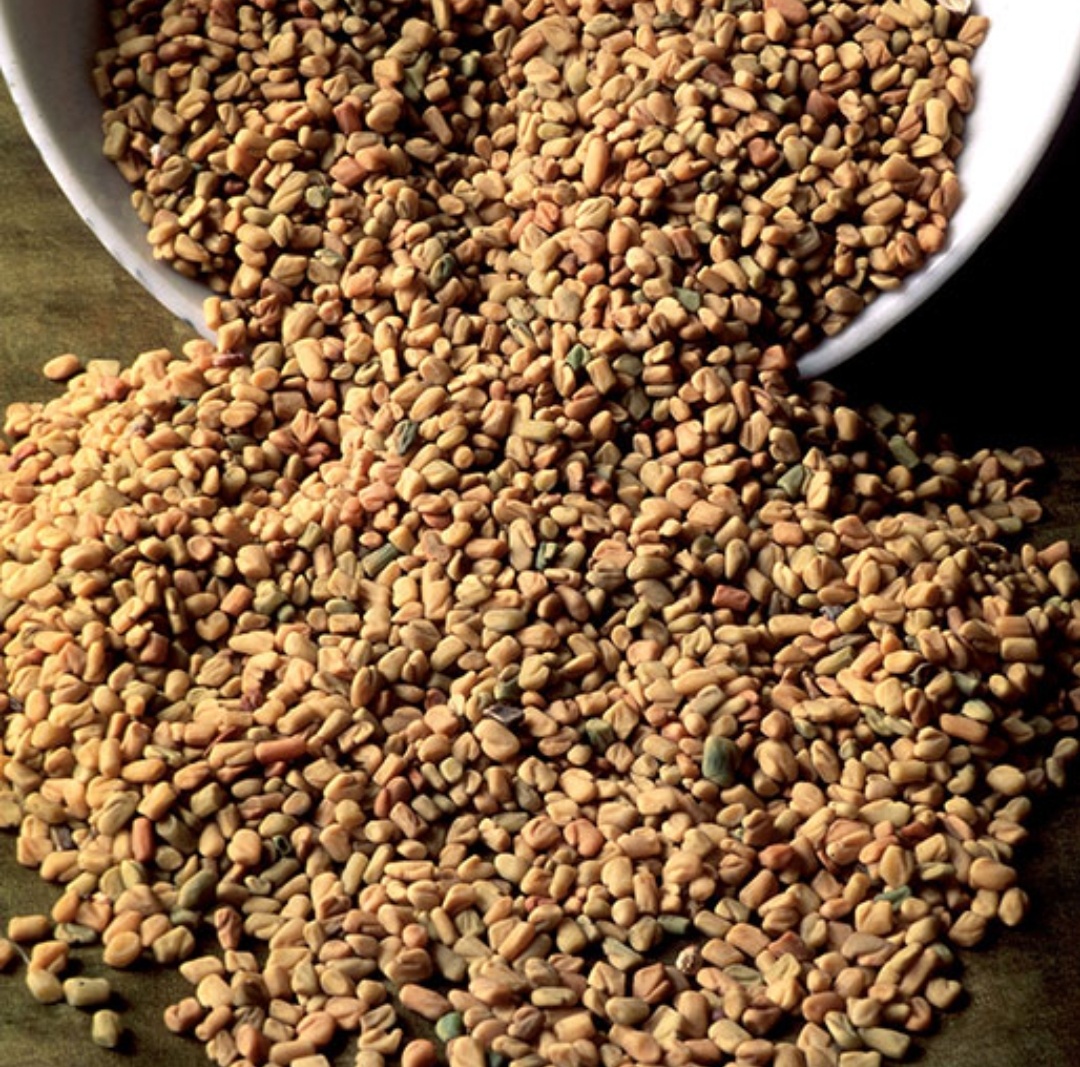
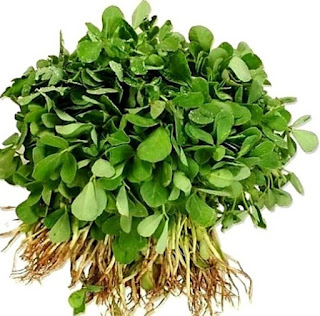
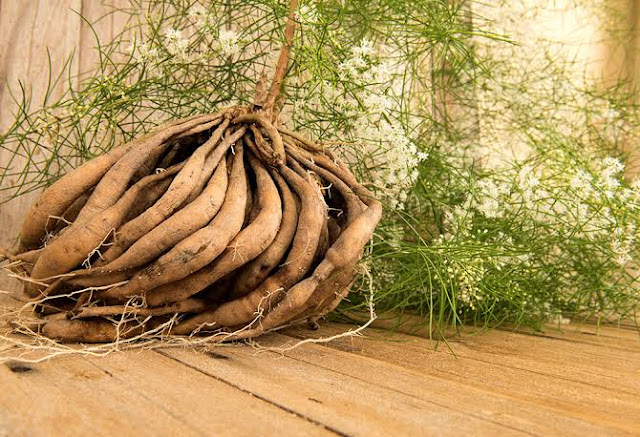
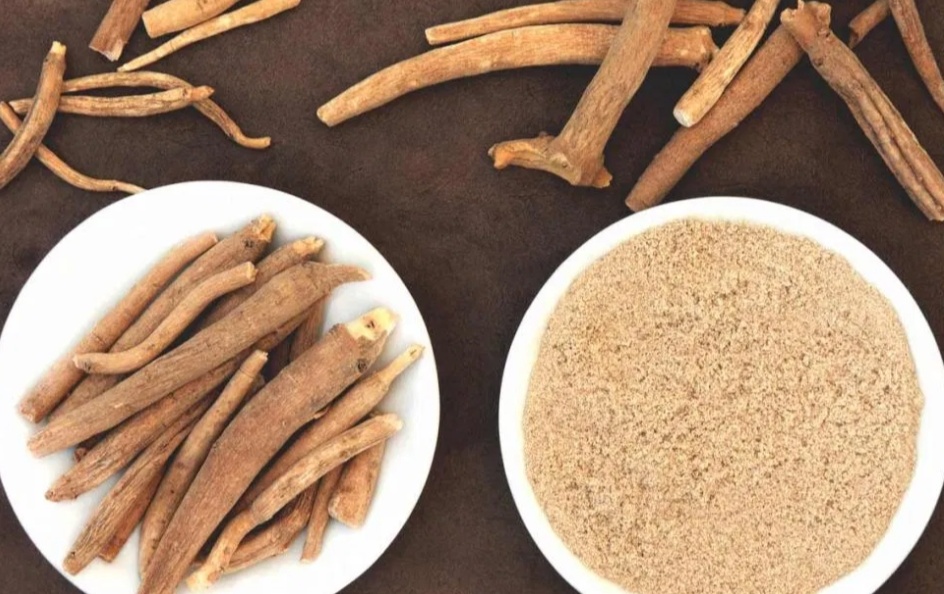

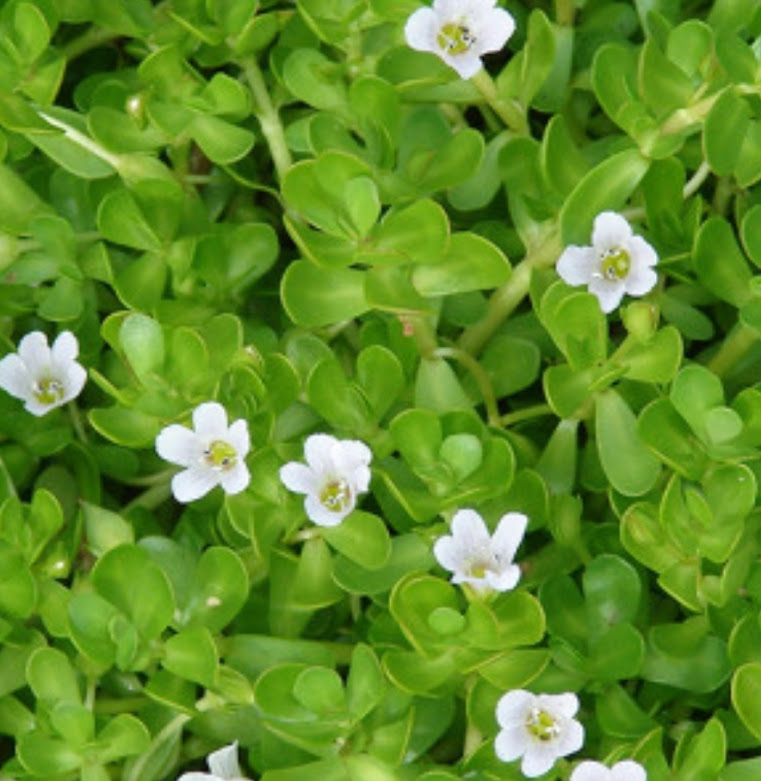

Nice information
ReplyDeleteNice blog do share subscribe guys ♥️
ReplyDelete(Kalu)
Superb information for betterment of health.....!
ReplyDeleteBadhiya..
ReplyDeleteSuperb work
ReplyDeleteNice article keep it up.. 👍🏻
ReplyDeleteAJO_QQ poker
ReplyDeletekami dari agen poker terpercaya dan terbaik di tahun ini
Deposit dan Withdraw hanya 15.000 anda sudah dapat bermain
di sini kami menyediakan 9 permainan dalam 1 aplikasi
- play aduQ
- bandar poker
- play bandarQ
- capsa sunsun
- play domino
- play poker
- sakong
-bandar 66
-perang baccarat (new game )
Dapatkan Berbagai Bonus Menarik..!!
PROMO MENARIK
di sini tempat nya Player Vs Player ( 100% No Robot) Anda Menang berapapun Kami
Bayar tanpa Maksimal Withdraw dan Tidak ada batas maksimal
withdraw dalam 1 hari.Bisa bermain di Android dan IOS,Sistem pembagian Kartu
menggunakan teknologi yang mutakhir dengan sistem Random
Permanent (acak) |
Whatshapp : +855969190856
worldgymbowie
ReplyDelete.
Fenugreek seeds contain 9% fat, 7% saturated fat, zero% cholesterol, 60 mg sodium, 770 mg potassium, 58 g carbohydrates, 25 g dietary fiber, and 100 g per 100 grams of vitamins and minerals. Gram protein is found.
ReplyDeleteSimilarly, 100 grams of fenugreek seeds contain 17% calcium, 5% vitamin C, 186% iron, 30% vitamin B6, and 47% magnesium.
Read More Benefits of Fenugreek Seeds
Nice blog. Really impressive & knowledgeable article. Thanks for sharing! Fenugreek Seeds
ReplyDelete